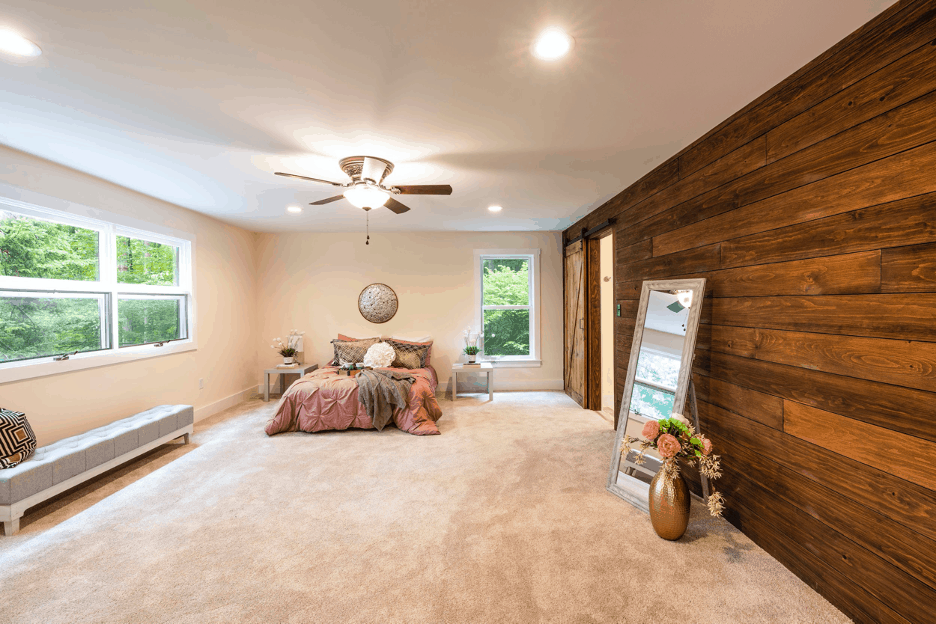Investing in a rental property can be a rewarding and lucrative experience. However, being a landlord is much more than just waiting for a check to come in. There are many responsibilities and risks involved, and if you don’t do your research before purchasing a property, it can end up costing you more time and money than it’s worth. If you’re thinking of entering the real estate economy, it’s essential to be aware of some of the basic pros and cons of owning a rental home.
KV Electric has a reputation for excellence and can handle all your rental property electrical needs! Call (435) 673-4696 or submit this form to learn more about our services.
The Good
Owning a rental property can come with several benefits:
Income
One of the primary reasons rental property is considered a good investment is the direct income you receive when you have a tenant. Ideally, the rent money will supplement your monthly mortgage plus other expenses, and the property will increase in value over time. When things with your rental are going well, it’s nice to have income added straight to your bank account.
DIY
There are also DIY projects that can significantly increase your property’s value at a comparably minimal cost. For instance, painting the interior walls a neutral color (e.g., gray, beige, greige), replacing the siding, throwing a fresh coat of paint on the front door, and/or shaping up the landscaping will likely attract more interest from prospective tenants. In short, you can make more money by putting in the sweat equity.
Tax Benefits
There are several deductions you can take in regards to a rental property, such as insurance, mortgage interest, wear-and-tear, costs of upkeep, and so on. Also, as of January 1, 2018, you can deduct an amount up to 20 percent of your net rental income, provided you are running a flow-through entity through a sole proprietorship, S corp, LLC, or partnership. An LLC is a popular option to provide personal liability protection and pass-through tax flexibility. Registering your business as an LLC has never been easier and can typically be completed in about five steps.
The Bad
Along with the advantages, there are a few potential disadvantages to consider:
Maintenance
The biggest drawback to owning a rental home is the maintenance it takes to keep a property in tip-top shape. Even if you plan and prepare, there are more things to be done than you think, and all the tasks can quickly add up. To simplify the process, however, you can hire a property management company. While this is an expense, the amount of stress it relieves can make it worthwhile.
Potential Tenant Problems
If you decide to hire a property management company, make sure they do thorough background checks on all prospective tenants; this will help lower the risk of rent delinquency. Even if you carefully select your tenants, you can still end up with difficult tenants. Maybe they leave the water running, neglect to pay their rent on time, or constantly make unreasonable demands. Whatever the case, it’s hard to predict whether you will have an ideal tenant. However, requiring a security deposit and adding conditions to the lease contract can help mitigate these issues.
Paying the Costs
Lastly, there are plenty of costs associated with owning a rental property (e.g., taxes, insurance, other fees). The bad part is that you have to pay these costs regardless of whether you have a tenant. When your rental home is occupied, these costs are easier to accept, but it can be painful to pour money into a project without receiving a monthly rent payment.
Like with any investment, purchasing a rental property comes with both pros and cons. The most important thing, however, is to consider all of the factors before jumping in headfirst. That way, you can make an educated decision, and if you choose to buy a rental property, you can begin your investment with confidence.
Photo Credit: Unsplash
